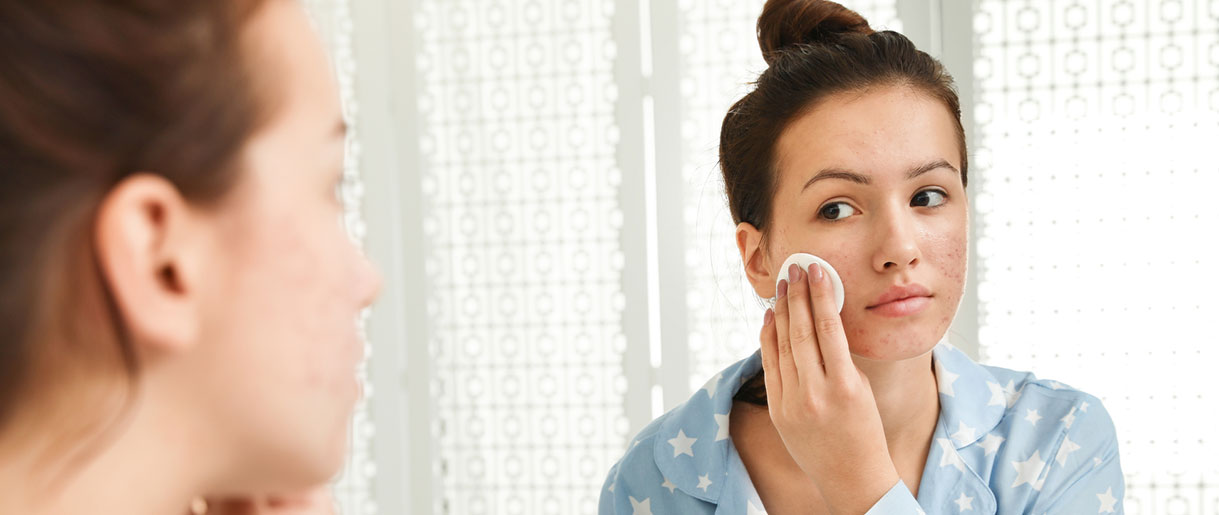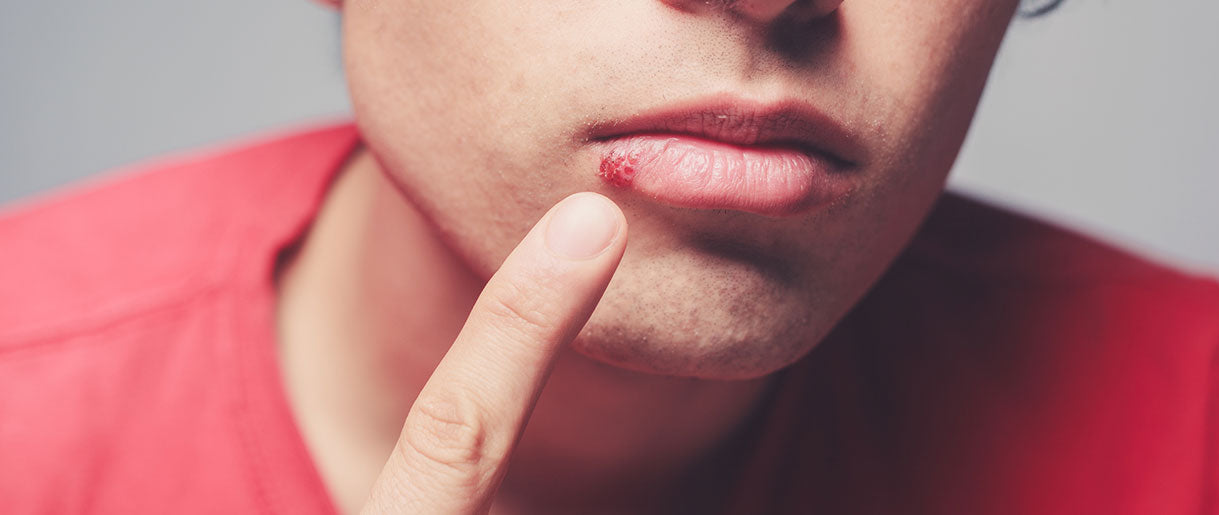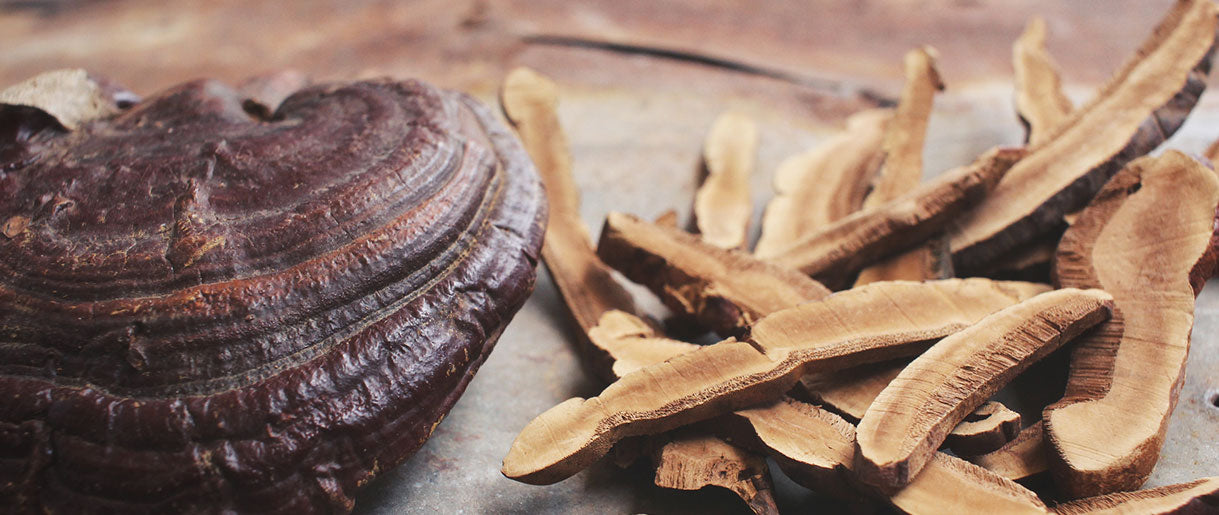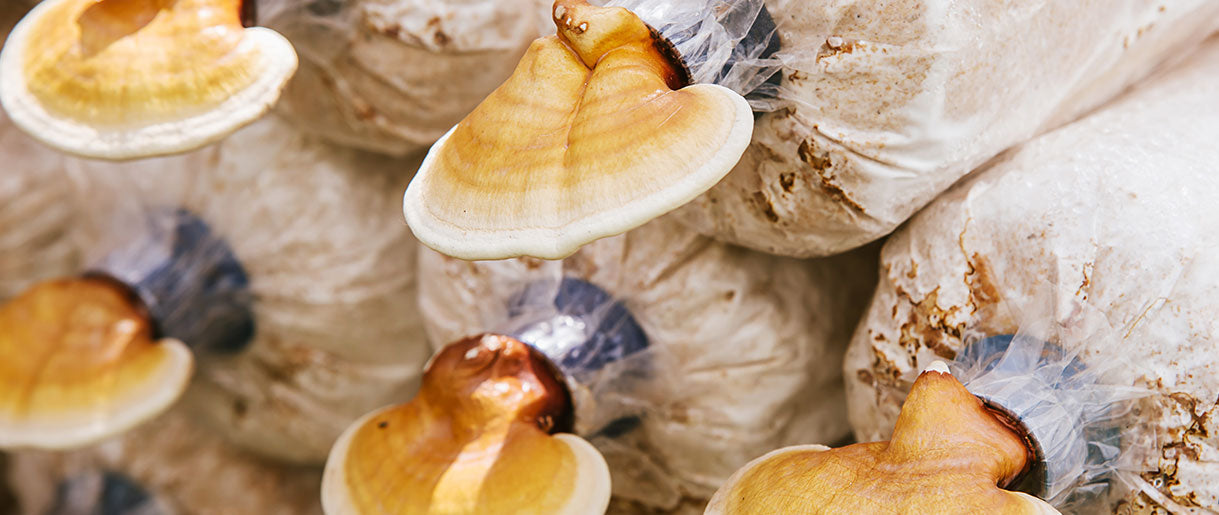Reishi mushrooms, long revered in Eastern medicine, may offer a natural solution to allergies. They contain compounds like polysaccharides and triterpenes, known for their immune-modulating effects. Research suggests that these compounds can help control the immune response to allergens, reducing inflammation and histamine response that cause typical allergy symptoms.
Allergies can have a significant impact on one's quality of life. From seasonal hay fever to year-round dust and pet allergies, these immune reactions can leave you feeling less than your best. Conventional allergy treatments, while effective, often have side effects and don't always offer complete relief. This has led many to look for natural alternatives—this is where the Reishi mushroom, also known as Ganoderma lucidum, comes in.
The use of Reishi mushrooms dates back thousands of years in Eastern medicine, with practitioners touting its many health benefits. While the Reishi mushroom is perhaps better known for its potential to boost immunity and reduce stress, emerging evidence points to its role in managing allergies. This article will dive into the fascinating world of Reishi mushrooms, their potential benefits for allergies, and how you can incorporate them into your daily routine.
Understanding Allergies: A Battle of the Immune System

The Intricacies of Allergies
At the core, allergies are overactive responses by the immune system to substances that are usually harmless, such as pollen, pet dander, or certain foods. These substances, known as allergens, trigger allergic responses when they enter our bodies.
This could lead to various allergic reactions, ranging from mild ones like a runny nose and itchy eyes to severe ones like anaphylaxis. Understanding allergies begins with understanding our immune systems and their role in these reactions.
Each time the immune system encounters an allergen, it mistakenly identifies it as a foreign invader, triggering an allergic response. As part of this response, our immune systems produce inflammatory cytokines and other chemicals to combat the perceived threat, causing inflammation and the typical allergy symptoms we know so well.
A runny nose, sneezing, or itching are all responses by our immune system attempting to expel the allergen. This is often where overactive immune systems can turn harmful, leading to chronic inflammation and even autoimmune diseases in severe cases.
The Impacts of Allergies on Daily Life
Living with allergies can be disruptive and frustrating. Allergic reactions can range from minor inconveniences, such as a runny nose or sneezing, to more severe allergic symptoms, like difficulty breathing. These symptoms can interfere with everyday activities, work, sleep, and overall quality of life. Even the anticipation of an allergic response can lead to stress and anxiety.
Traditional and Modern Approaches to Allergy Treatment
There are several underlying factors to consider when looking at how to treat allergies. Traditional Chinese medicine often approaches allergies as an imbalance in the body and uses various techniques to restore this balance.
On the other hand, conventional Western medicine typically uses antihistamines, decongestants, and steroids to relieve allergy symptoms. These medications block allergic responses by pharmacologically dampening the immune system's response or reducing inflammation. However, these treatments may have side effects, including drowsiness, dry mouth, and, with long-term use, potential impacts on the immune system.
Immunotherapy, or allergy shots, is another common method to treat allergies. This treatment involves gradually exposing the immune system to allergens to desensitize it. While this can be effective, it requires a long-term commitment and doesn't work for everyone.
Research has recently focused on natural remedies' anti-inflammatory and immune-modulatory properties. One such remedy that has garnered interest is the Reishi mushroom. Rich in active compounds with anti-inflammatory effects, Reishi mushrooms may help modulate an overactive immune system and offer allergy benefits by helping to control the allergic reaction and relieve symptoms.
Reishi Mushrooms: A Treasure Trove of Medicinal Benefits

A Glimpse into the Past: History and Origin of Reishi Mushrooms
A unique mushroom called Reishi, or Ganoderma lucidum, has been at the heart of traditional Eastern medicine for thousands of years. Referred to as the "Mushroom of Immortality" in ancient texts, the Reishi mushroom is one of the oldest and most respected medicinal mushrooms used in healing practices. This pharmacologically potent fungus, Ganoderma lucidum, has a rich history of use for promoting health and longevity.
Unveiling the Power of Reishi: Medicinal Properties
Reishi mushrooms have an impressive array of bioactive compounds, lending them unique medicinal properties. One of the main ways Reishi mushrooms help manage inflammatory and allergic responses is through their immune-modulating effects. They influence the activities of various immune cells, including white blood cells and mast cells, which play central roles in the body's inflammatory response and allergic reactions.
When the immune system becomes overactive, it can lead to chronic inflammation and allergies. However, the Reishi mushroom can help modulate this overactive immune system, keeping it in check and reducing unnecessary inflammatory responses. The anti-inflammatory properties of Reishi mushrooms are also significant, further contributing to their potential to manage allergies.
Beyond Allergy Management: Health Benefits of Reishi Mushrooms
Aside from potentially calming an overactive immune system and reducing allergic reactions, Reishi mushrooms have many health benefits. These medicinal mushrooms enhance the immune system, helping the body fend off illness more effectively. The Reishi mushroom's antioxidant compounds can also help protect the body from the damage of free radicals, promoting overall health.
Moreover, Reishi mushrooms are known for their calming properties. Many people use Reishi to aid sleep and reduce stress, contributing to its reputation as a holistic health promoter.
The Science Behind Reishi Mushrooms and Allergies: From Bench to Bedside

Decoding the Effects of Reishi on Allergic Reactions: What Research Says
Several studies have been conducted to understand the effects of Reishi mushrooms on the immune system and allergies. One study highlighted(1) the mushroom's immunomodulating properties, revealing how Reishi mushrooms could regulate the immune system and suppress allergic reaction. This can be particularly beneficial for allergic rhinitis, chronic bronchitis, and other allergic diseases.
Active ingredients in the Reishi mushroom, such as beta-glucans, ganoderic acids, and triterpenoid compounds, have been found to(2) influence mast cells—the cells that release histamine during an allergic reaction.
The anti-inflammatory constituents in Reishi mushrooms inhibit these mast cells from releasing histamine, effectively reducing histamine levels and the associated allergic response. This antihistamine activity of Reishi mushrooms can relieve symptoms like watery eyes and sneezing during allergy season.
Underlying Mechanisms: How Reishi Tames the Immune Response
The underlying factors in how Reishi mushrooms can help manage allergies are linked to their influence on the immune system. Regularly consuming Reishi mushrooms can help modulate an overactive immune system, a common issue in autoimmune disorders like rheumatoid arthritis.
Inflammation is a significant part of the immune system's response to allergens. Reishi mushrooms contain triterpenes, which have potent anti-inflammatory and antihistamine properties. These compounds help reduce inflammation and histamine response in the body, offering potential relief for those suffering from seasonal allergies.
Reishi mushrooms are also known for their potential in blood sugar management. While this may seem unrelated to allergies, high blood sugar levels can cause inflammation and negatively impact the immune system, exacerbating allergic reactions. By improving insulin sensitivity and regulating blood sugar, Reishi fights diabetes and benefits those with allergies, especially those with high blood sugar levels.
Reishi Mushrooms: A Panacea or Poison?
Like any remedy, it's essential to consider the safety and potential side effects of mushroom supplements containing Reishi. Some people may experience digestive upset, skin rashes, and dizziness when using Reishi mushroom powder.
Also, because of its effects on blood sugar and its potential to enhance the immune system, individuals with diabetes and autoimmune disorders must use caution. The potential for Reishi to interact with medication for these conditions, including insulin, should also be considered. Always consult a healthcare provider before starting Reishi for diabetes, allergies, or other health concerns.
Navigating the Reishi Route: How to Incorporate Reishi into Your Routine for Allergy Relief

The Many Faces of Reishi: Choose Your Preferred Form
Reishi mushrooms are versatile and can be found in several forms, making incorporating them into your daily routine effortless. Here's a quick overview of the common forms you might encounter:
- Powders: Reishi powder is incredibly versatile. Mix the mushroom powder into your morning smoothie, stir it into your coffee, or add it to your cooking. Powdered Reishi can be an easy addition to many dishes.
- Capsules: For those who prefer a straightforward, no-fuss approach, Reishi capsules can be a convenient choice. They are easy to take and require no preparation.
- Teas and Coffees: Reishi mushroom teas and coffees are becoming increasingly popular. They offer a warm and soothing way to enjoy the benefits of Reishi. Look for products that use the mushroom's fruiting body for maximum benefits.
- Tinctures: Reishi tinctures are concentrated liquid extracts that can be added to water, juice, or tea. They are often potent and quickly absorbed.
A Healthy Habit: Introducing Reishi to Your Diet
Including Reishi in your diet can be as simple as taking a daily capsule or as adventurous as creating Reishi-infused dishes. Here are a few ideas:
- Morning Routine: Start your day by mixing Reishi powder into your morning smoothie or coffee. You might not even notice the addition!
- Comfort in a Cup: Enjoy a cup of Reishi tea or coffee in the afternoon for a relaxing break.
- Healthy Cooking: Add Reishi powder to soups, stews, or other dishes. Its flavor can complement many recipes.
Finding the Right Fit: Guidelines on Dosage
The dosage of Reishi mushrooms can vary based on the form you choose, your individual health status, and the specific symptoms you aim to address. As a general guideline, a daily dose of 1-1.5 grams of Reishi extract is often recommended for general health promotion.
For allergy relief, some studies have used higher doses. However, starting with a lower dose is crucial to assess your tolerance and then gradually increase it as needed and as advised by a healthcare professional.
FAQs About Reishi for Allergies
How Long Does It Take To See The Effects Of Reishi On Allergies?
The time it takes Reishi to work on allergies can vary significantly from person to person. Factors such as the severity of your allergies, overall health status, and the form and dosage of Reishi you're using can all impact the timeframe.
Many people report noticing a difference in their allergy symptoms after several weeks of consistent use. As with any supplement, it's essential to be patient and give your body time to adjust and respond.
Can Reishi Mushrooms Be Taken Alongside Conventional Allergy Medications?
Reishi mushrooms are generally considered safe to use alongside conventional allergy medications. However, due to its immune-modulating and anti-inflammatory effects, Reishi could interact with certain medications, including those that suppress the immune system or affect blood clotting.
It's always recommended to consult a healthcare provider before starting any new supplement regimen, especially if you take prescription medications. This is to ensure the combination is safe and won't interfere with the effectiveness of your ongoing treatments.
Is Reishi Safe For Children With Allergies?
While Reishi mushrooms are generally considered safe, there's limited research on their use in children. As with any dietary supplement, it's essential to consult a healthcare provider before giving Reishi to a child.
This is especially crucial for children with allergies, as their immune systems are still developing and could potentially react differently than an adult's immune system. The dosage, if approved, would also need to be adjusted for a child's weight and overall health.
Can Pregnant Or Breastfeeding Women Take Reishi For Allergies?
The safety of Reishi for pregnant women or breastfeeding women is not well-studied. Some practitioners suggest avoiding Reishi during pregnancy due to its potential to stimulate the immune system, which could pose a risk theoretically.
As for breastfeeding, it is unknown whether Reishi's active compounds pass into breast milk. Given these uncertainties, it's recommended that pregnant or breastfeeding women consult a healthcare provider before starting any new supplement, including Reishi mushrooms.
Key Takeaways
As we have journeyed through the world of Reishi mushrooms, it's clear that this potent fungus holds promise for those seeking natural and effective relief from allergies. The potential benefits of Reishi mushrooms extend far beyond their anti-inflammatory and immune-modulating properties. Reishi could potentially provide a multifaceted approach to managing allergies and improving overall health by addressing several underlying factors involved in allergic responses.
However, it's crucial to remember that while natural remedies like Reishi can be potent, they are not a substitute for professional medical advice. Always consult a healthcare provider before incorporating new supplements or changes into your health routine, especially when dealing with allergies or other health conditions.
We'd love to hear from you! Do you have experience using Reishi mushrooms for allergies? Are you considering giving it a try? Share your thoughts, experiences, and questions in the comments section below. Your input could help others on their journey to improved health and wellness.
References
- Immunomodulating Effect of Ganoderma (Lingzhi) and Possible Mechanism, (1)https://pubmed.ncbi.nlm.nih.gov/31777013/
- Triterpenoids and Polysaccharide Fractions of Ganoderma tsugae Exert Different Effects on Antiallergic Activities, (2)https://www.ncbi.nlm.nih.gov/pmc/articles/PMC4417579/










Let Us Know Your Comments